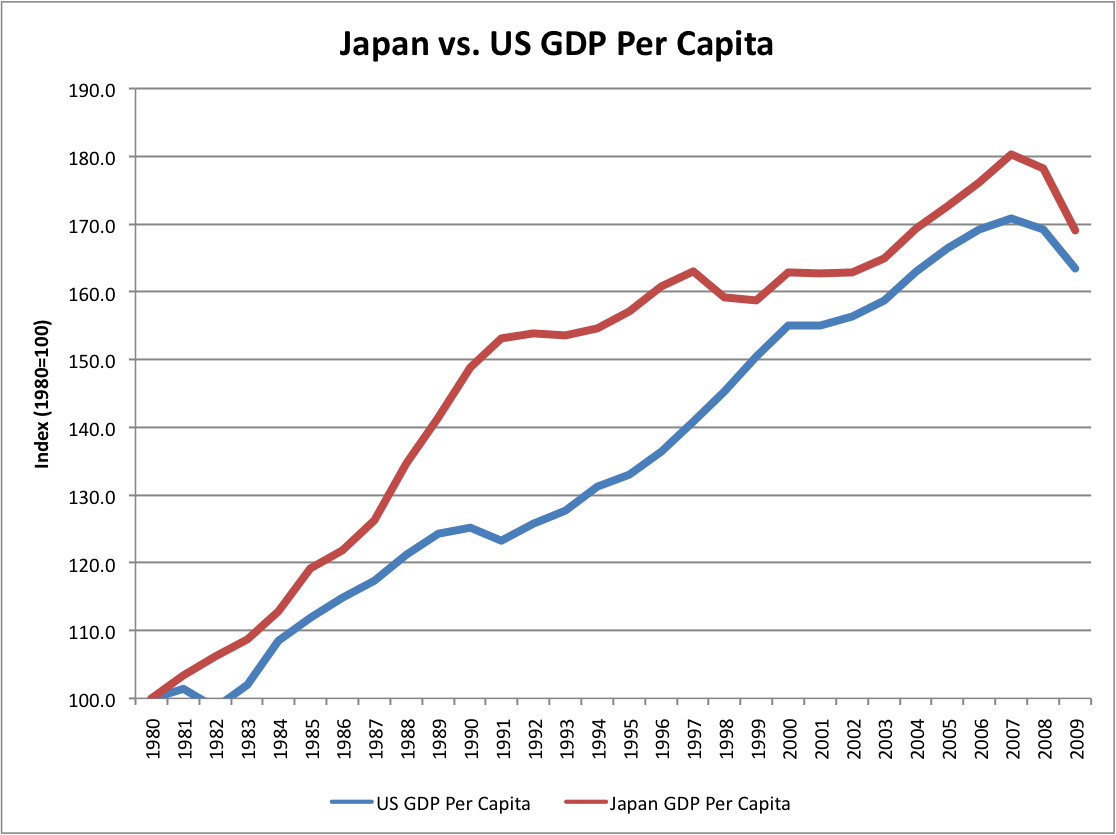There are few examples of population decline period in recorded history period, obviously excluding nations where war/genocide/famine/plague is occurring.
So is that supposed to be a good thing? France has a long-run average of slow decay.
Per the OECD, foreign-born residents in France see an unemployment rate of nearly 17%, compared to 10% for native-born citizens. For recent
refugees, they are frequently less-educated/skilled (an important consideration for employment on its own), and the biggest take-home relevant to my argument is...
"On average, it takes refugees up to 20 years to have a similar employment rate as the native-born.
In the first 5 years after arrival, only one in four refugees is employed, the lowest of all migrant groups. After 10 years, their employment rate reaches 56% but it remains below the employment rate of native-born persons in most countries. A significant part of the difference in the employment rates between refugees and other migrants can be explained by differences in their education level, i.e. that refugees are more often found among the low-educated whose employment rate is far below average"
Your post I quoted was about how Germany benefits from EU monetary and trade policy, not refugees. Due to being an economic superpower within a large, relatively-free trade zone with many poorer nations to sell stuff too, it puts Germany in a great position to be a massive exporter of goods. They can use all the labor they can get, not necessarily true of other nations. Let's not forget that Germany is so successful, they can bail out other nations to the tune of a hundred billion dollars, and still come out ahead because of the goods those nations purchase from Germany. If every nation in the EU could just snap their fingers and be like Germany, I'm sure they'd love to be.
I mean most of the West, particularly the European nations you're praising, not just the US.
Germany, France, and the UK have all failed to significantly exceed their peak GDPs circa 2008. The pattern follows for most/all of the EU as far as I can tell (interestingly Switzerland has fully recovered and then some). The overall pattern isn't even that different compared to Japan except that they boomed and then busted particularly strongly in the mid-90s (they had their own massive bubble in the late 80s, followed by a tech nation like Japan especially affected by the dot-com bubble).
Also, your second link indicates that Japan beats both France and Germany in terms of whatever metric of income they're using. I was just looking at the OECD values for after-tax income on
Wikipedia, where the gap between Germany and Japan is similar to that between Japan and France. By your link, Japan beats France in terms of "Jobs" too (I'm assuming some mixture of employment rate and other things).
I might have misrepresented you because I particularly meant immigration in the form intended citizenship, not just labor in general. I totally agree that Japan is screwing themselves and the data you've provided show that they need more skilled workers, absolutely. That doesn't mean they need more citizens though, particularly not refugees. As you've also indicated, there are also toxic cultural elements within Japan that overvalue seniority and hurt business in general. What happens when the next bubble of workers retires? Increasing population only works in the short run, but all populations will eventually reach a maximum, and in the case of the nation containing the sprawling, people-living-in-pods metropolis of Tokyo, I don't think that's too far away. I think Japan's worship of the elderly is bad, but if that's their culture, you can't really provide American or European solutions to fix those problems. In any case, I acknowledge that they've been stagnant for a while; my main original contention was that they'd suddenly collapse.



